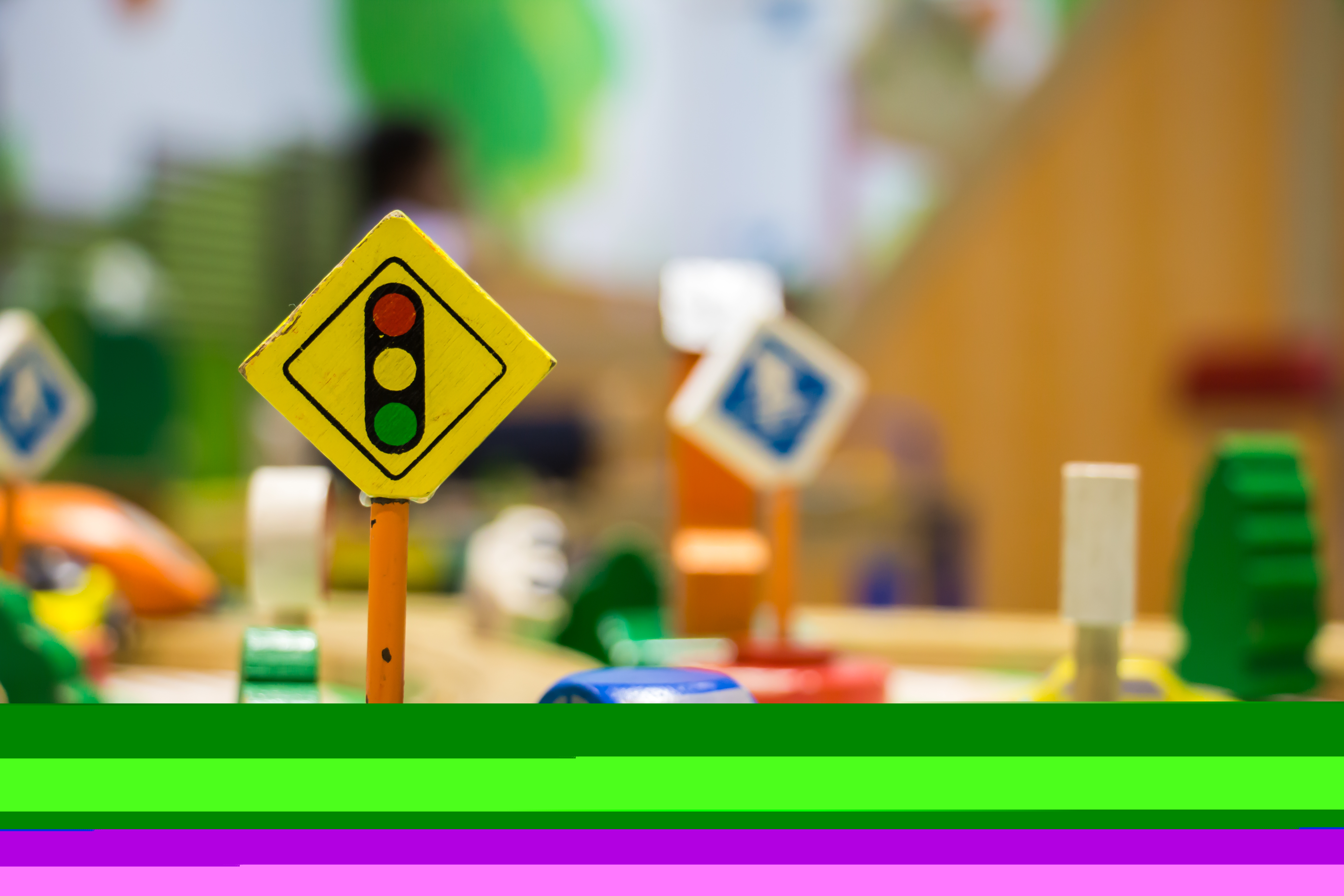Reading comprehension Normal Social Studies Worksheets for Ages 3-7 - Page 2
43 filtered results
-
From - To
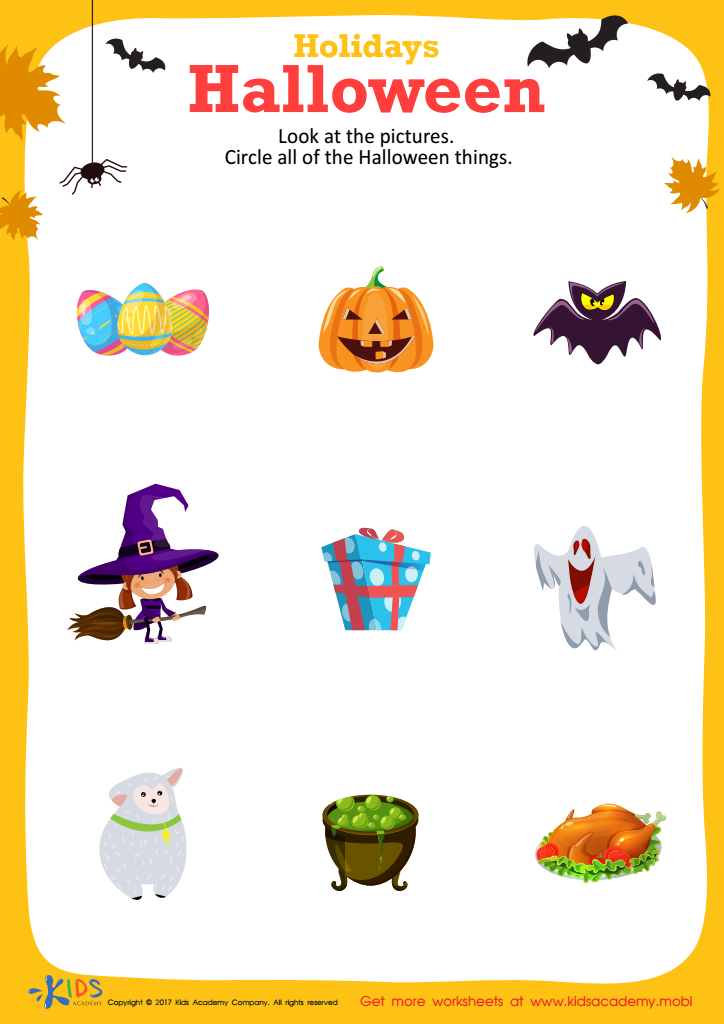

Halloween Holiday Worksheet
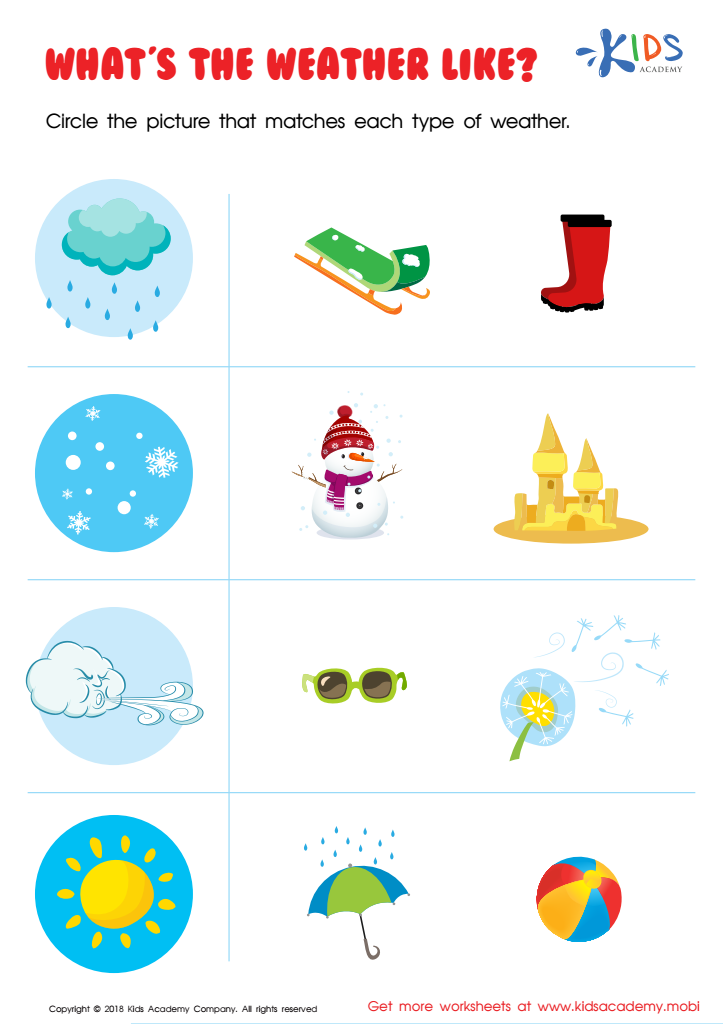

What's the Weather Like? Worksheet
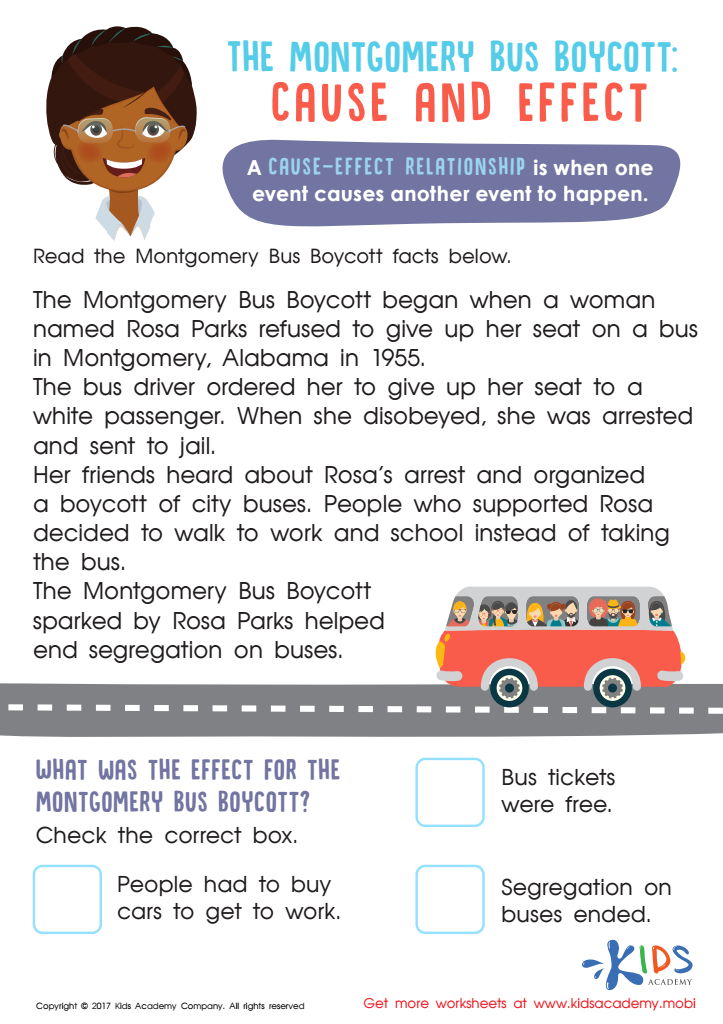

The Montgomery Bus Boycott Cause and Effect Worksheet
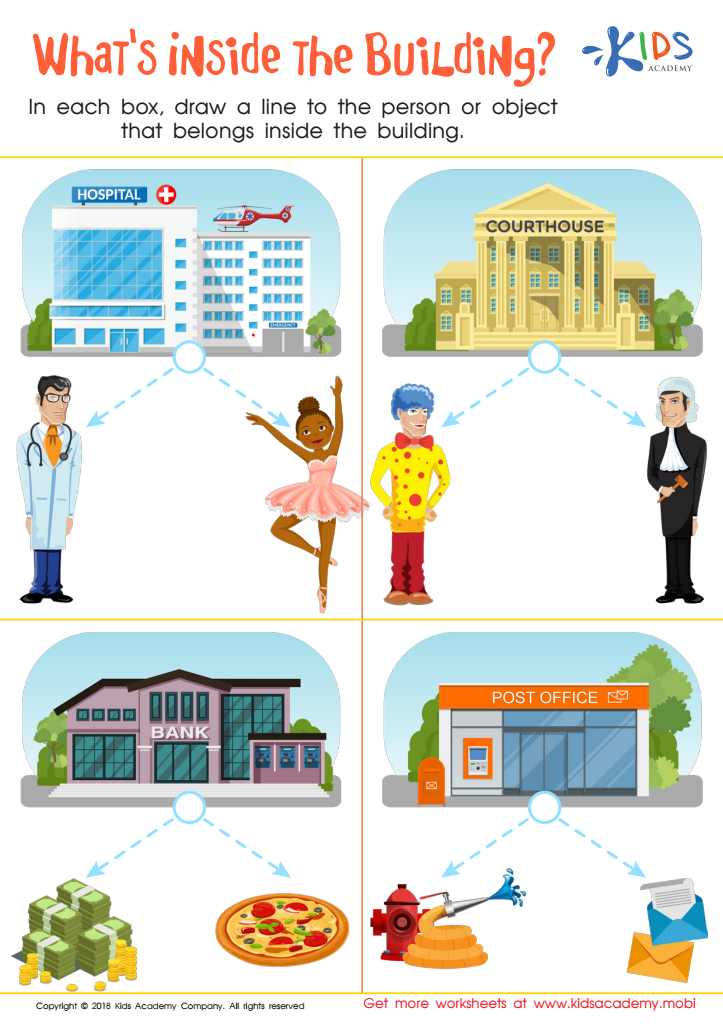

What's Inside the Building? Worksheet
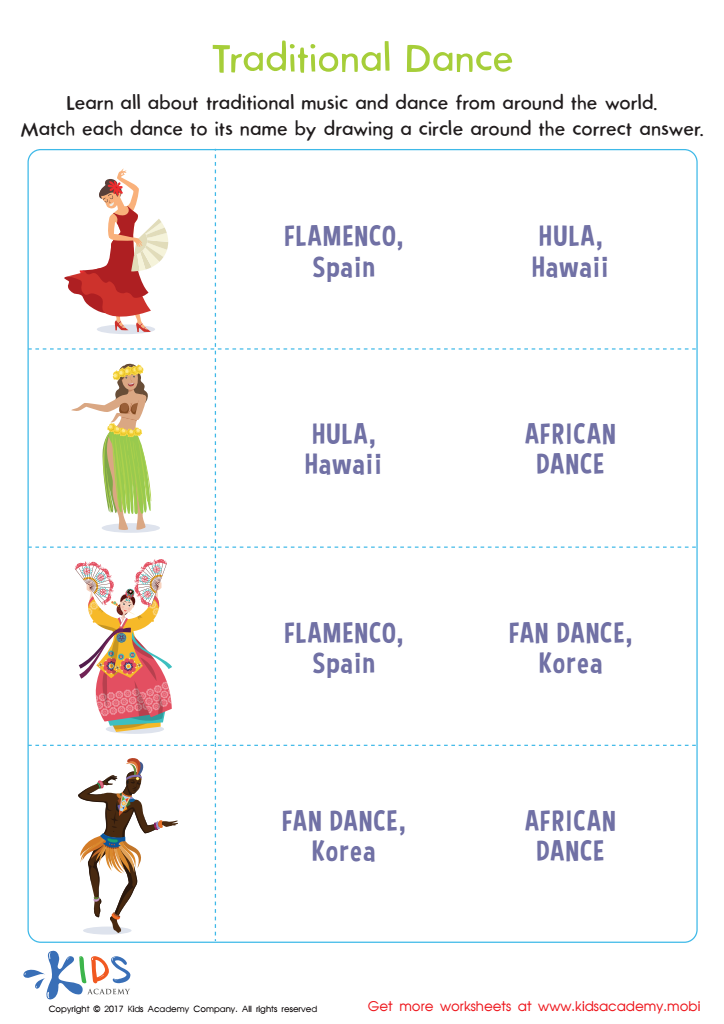

Traditional Dance Printable
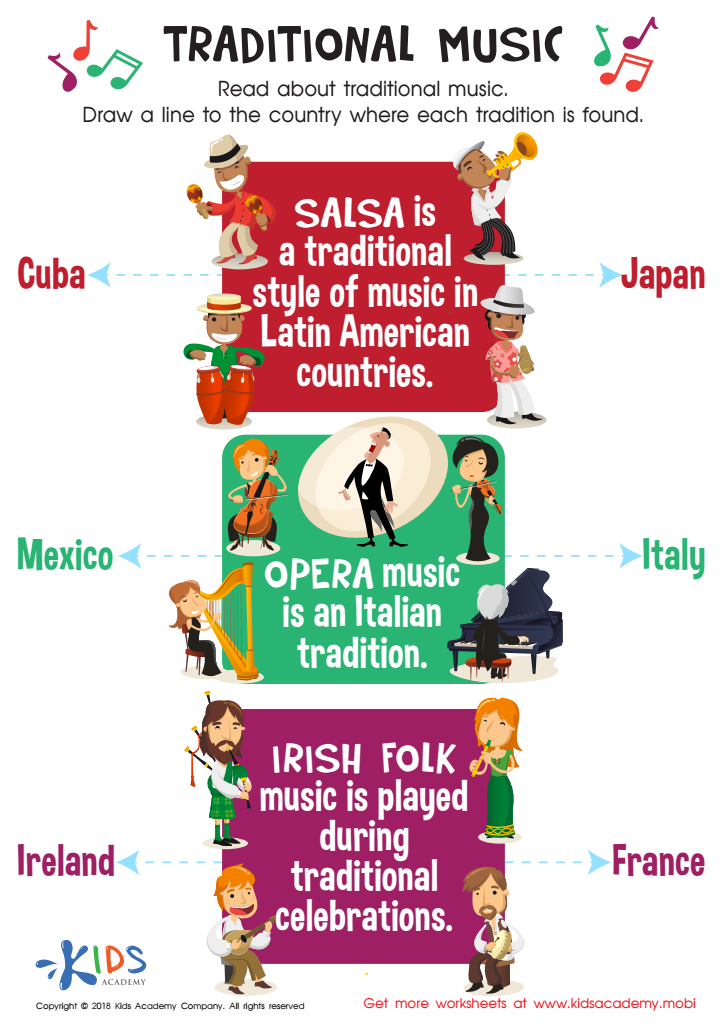

Traditional Music Worksheet
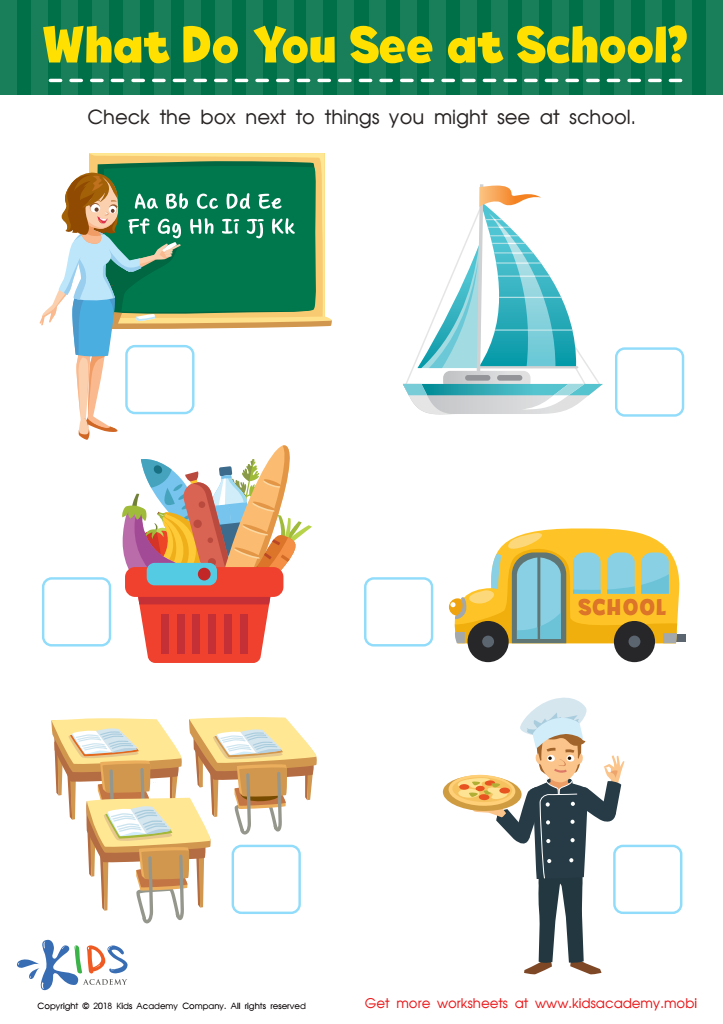

What Do you See at School? Worksheet
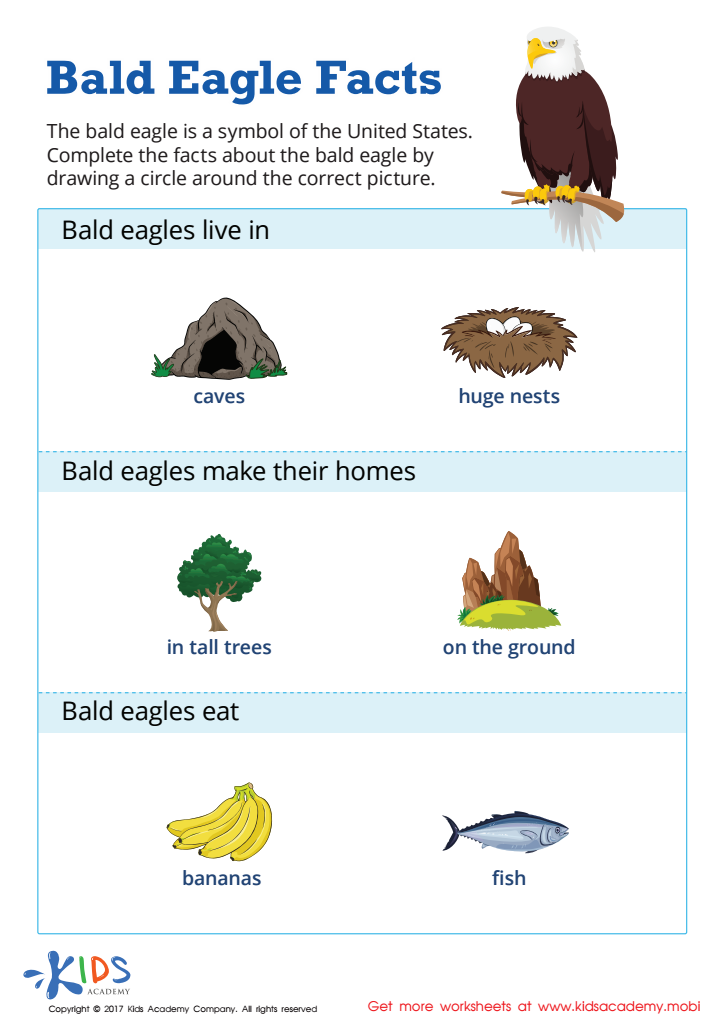

Bald Eagle Facts Worksheet
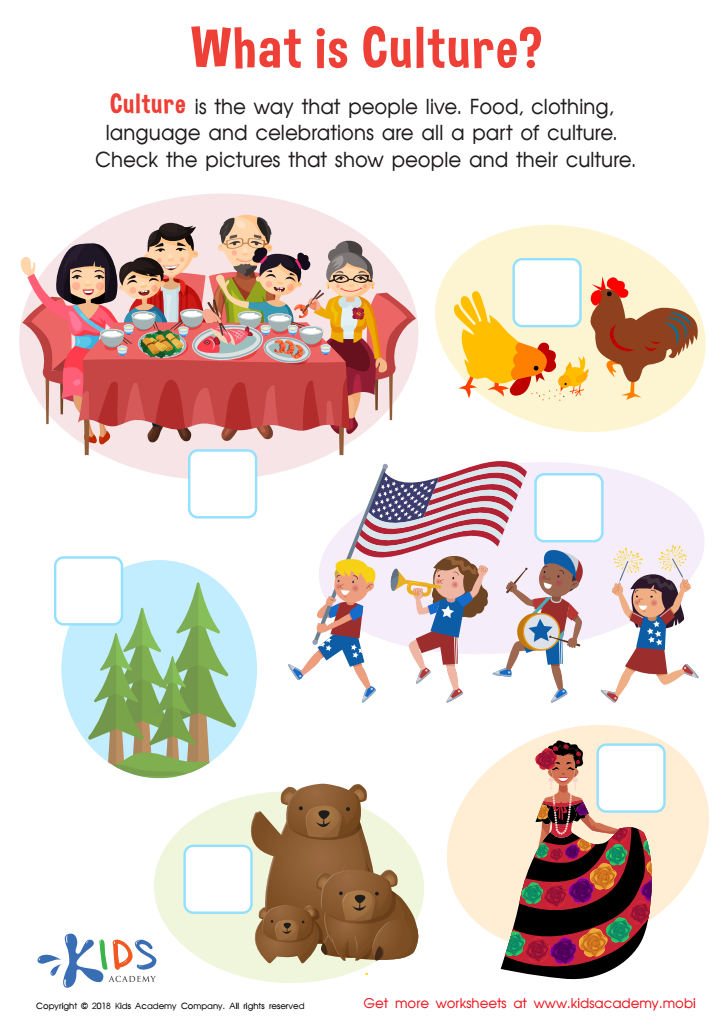

What Is Culture? Worksheet
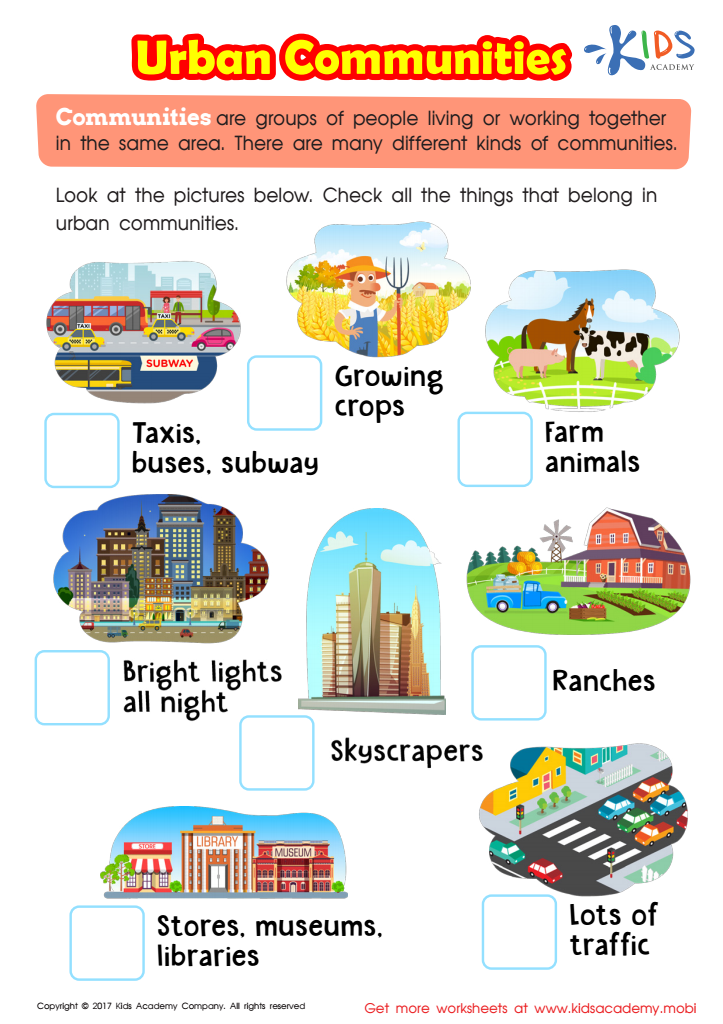

Urban Communities Printable
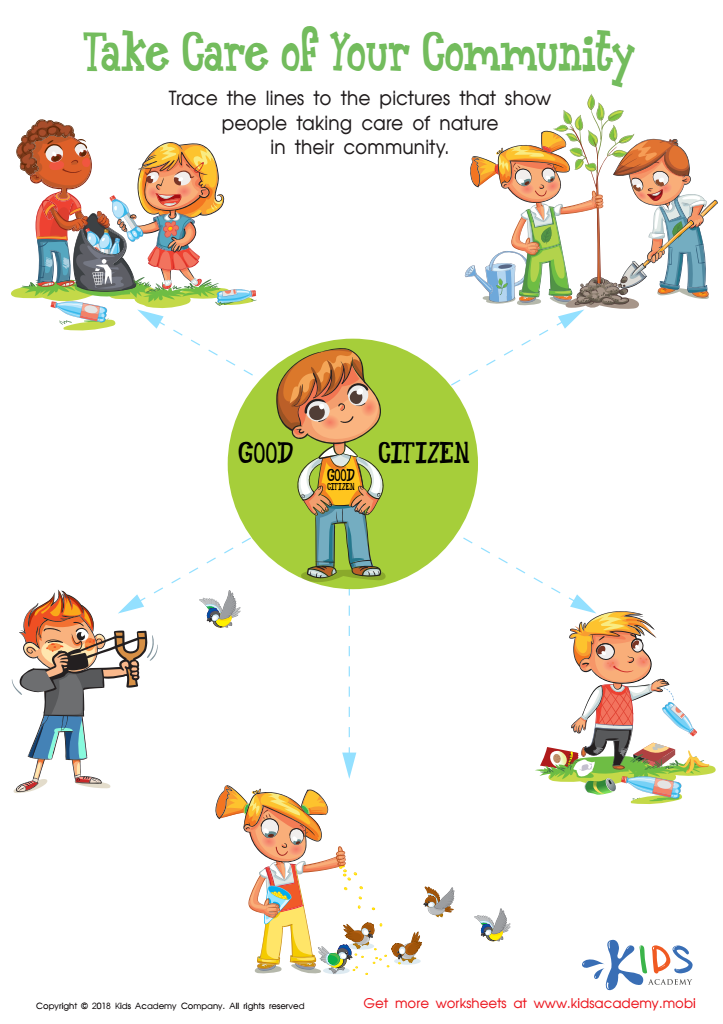

Take Care of your Community Worksheet
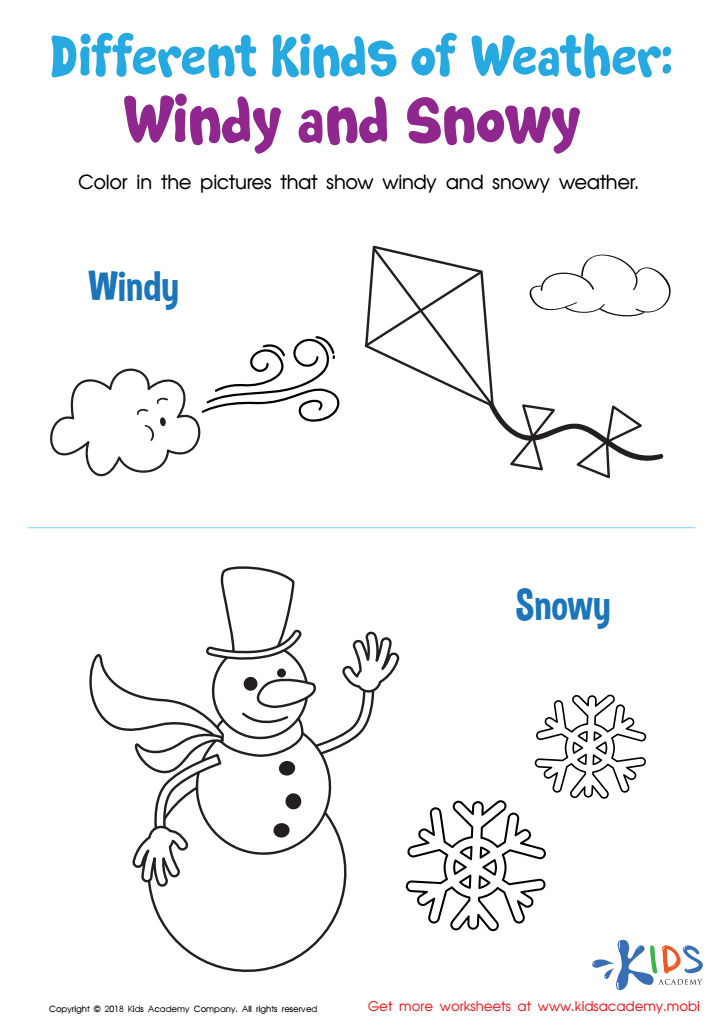

Different Kinds of Weather: Windy and Snowy Worksheet
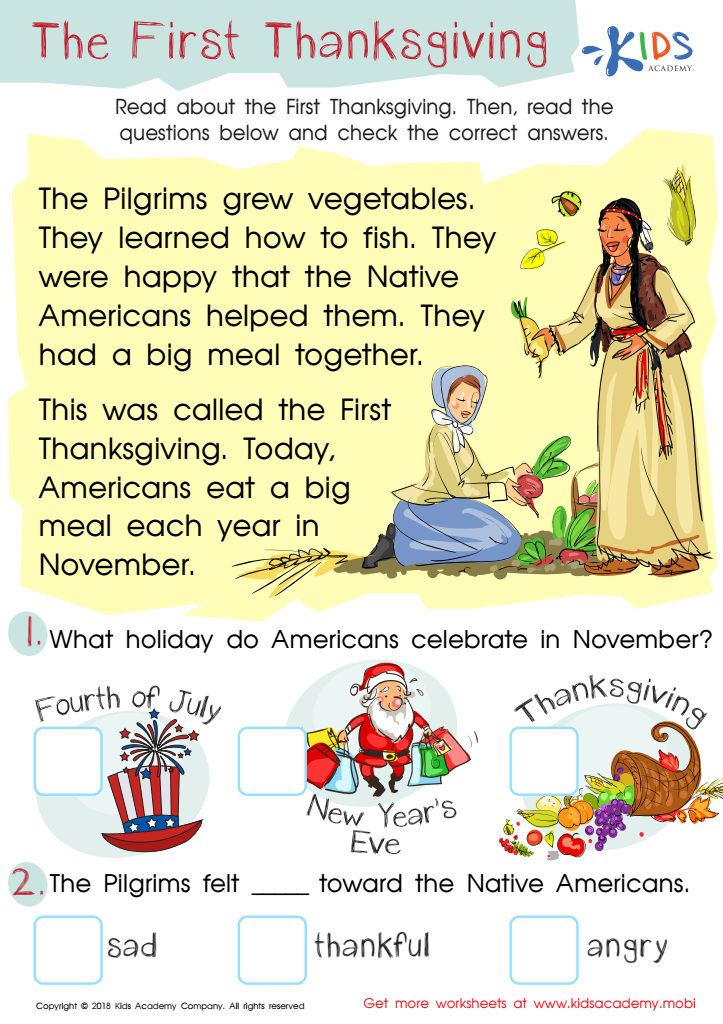

Assessment: First Thanksgiving Worksheet
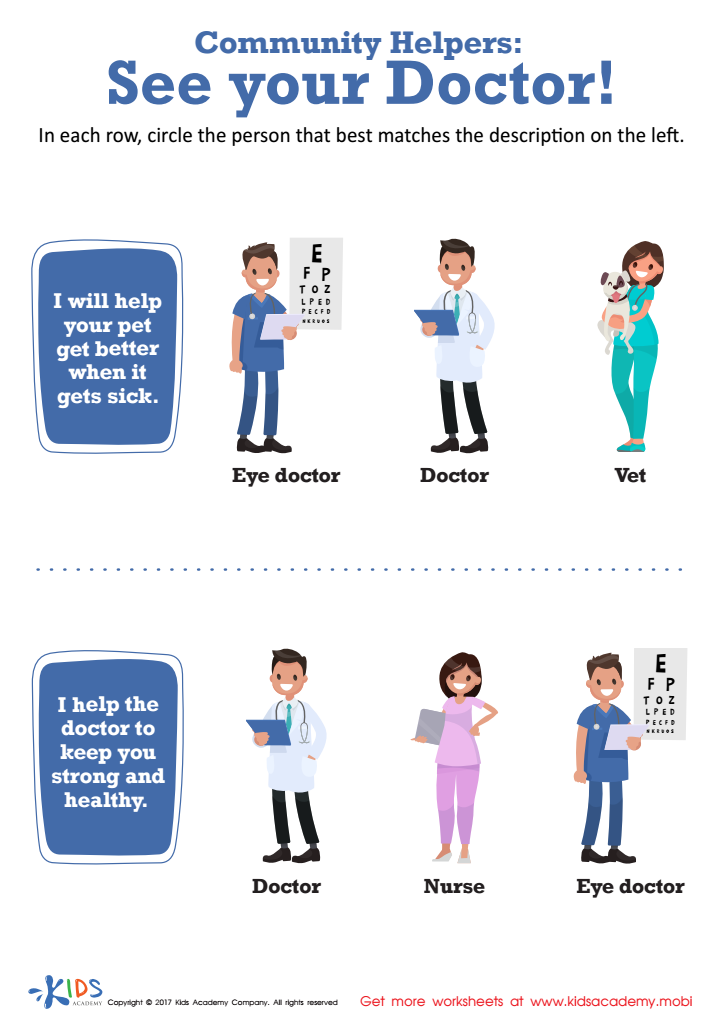

See Your Doctor (Part 2) Printable
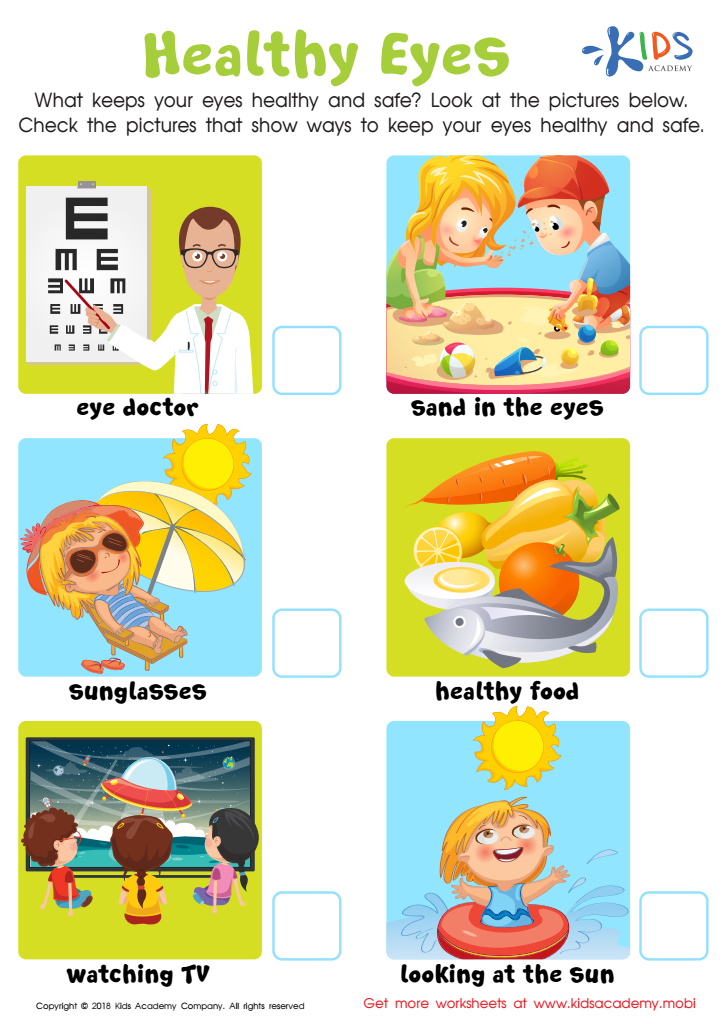

Healthy Eyes Worksheet
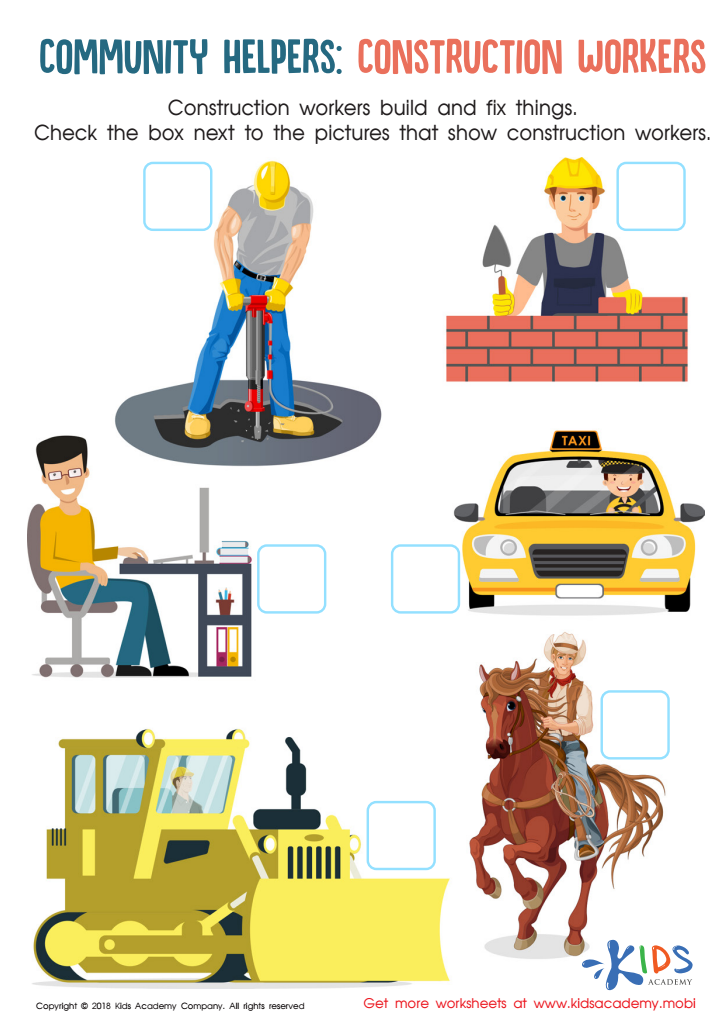

Construction Workers Community Helpers Worksheet
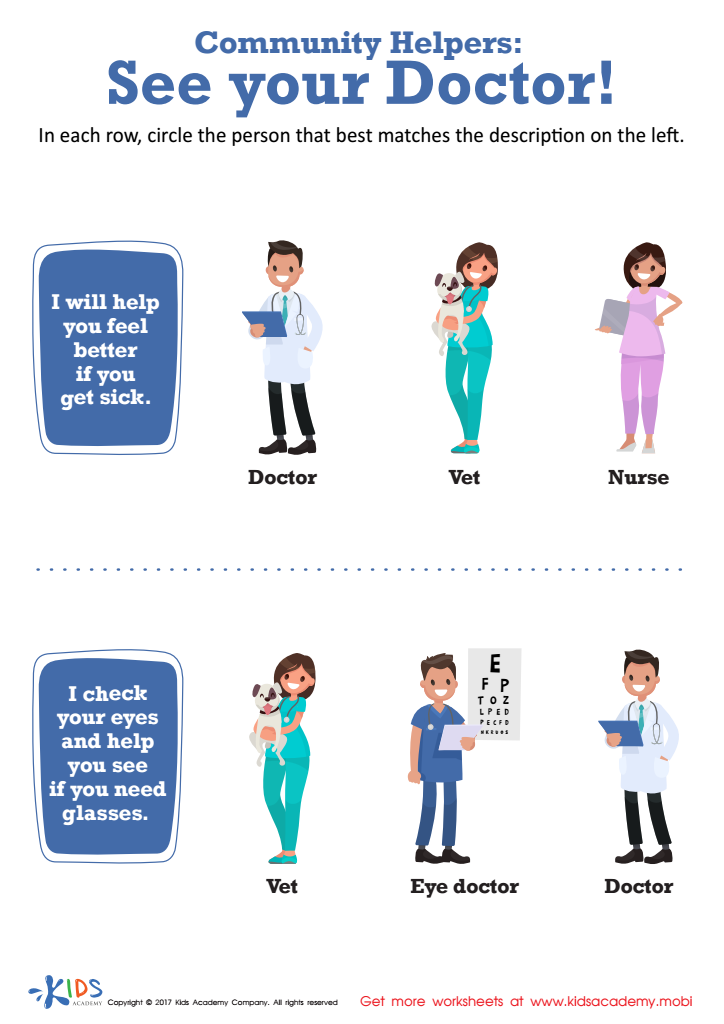

See Your Doctor (Part 1) Printable
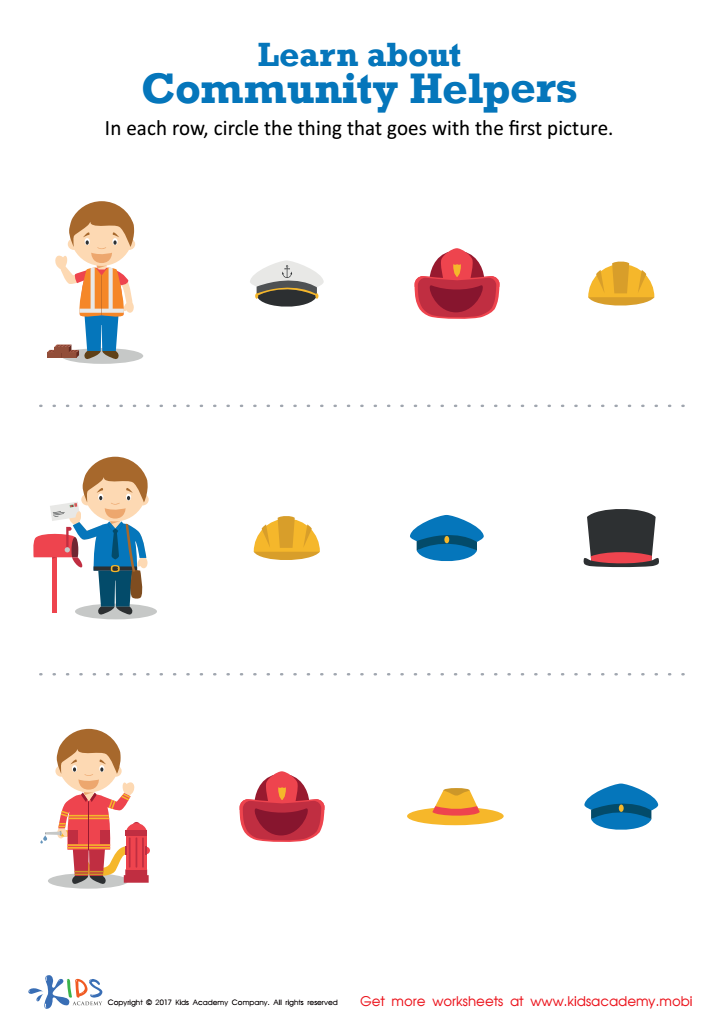

Learn about Community Helpers Printable
Reading comprehension plays a vital role in the early development of children, particularly in social studies for ages 3-7. During these formative years, children are not simply learning to read; they are also developing crucial skills that will shape their understanding of the world around them. When parents and teachers prioritize reading comprehension in social studies, they help children connect with diverse communities, cultures, and histories, building empathy and social awareness.
By engaging with narratives that incorporate social concepts, children learn to interpret information, ask questions, and make inferences—skills essential for nurturing critical thinking. This early introduction to social studies encourages curiosity about society and empowers children to make sense of their experiences and surroundings. Furthermore, literacy development directly correlates with academic success across all subjects. As children become proficient readers, they are better equipped to understand complex concepts in social studies and other areas.
Incorporating reading comprehension into social studies can also foster a love of learning. When children find joy in exploring stories about their world, they become more invested in their education. This foundation promotes lifelong learning habits, making it essential for parents and teachers to emphasize reading comprehension in these early stages.

 Assign to My Students
Assign to My Students








